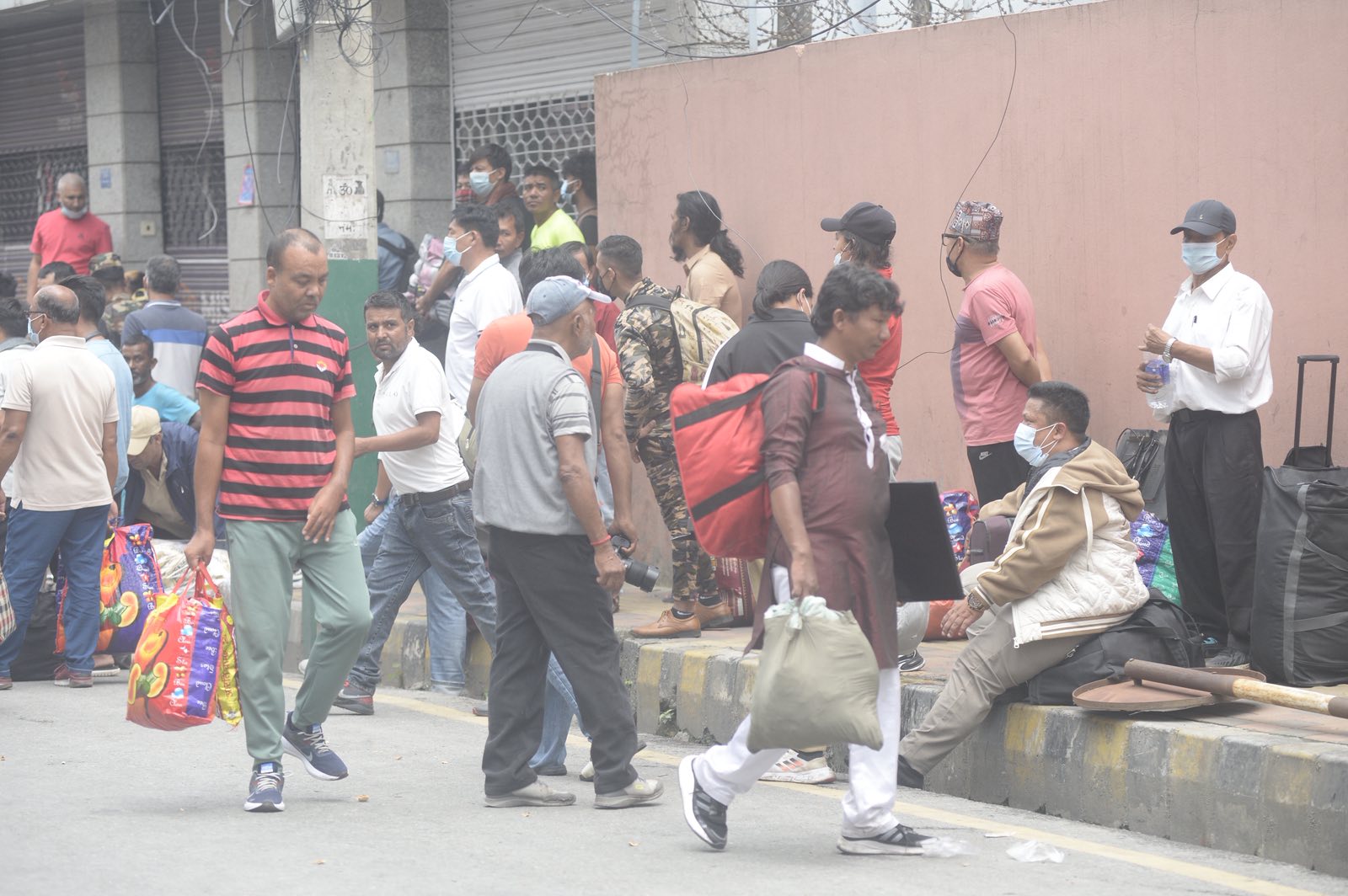KATHMANDU, Sept 13: Economists have said that although the country suffered significant physical damage due to the Gen Z protest, the situation provides an opportunity for a ‘course correction’ to boost the morale of the private sector and strengthen economic development.
Speaking at a virtual interaction organized by the Society of Economic Journalists-Nepal (SEJON) on “Current Economic Challenges and the Way Forward,” experts emphasized that the protest, which highlighted misgovernance and corruption, should be used constructively.
Former Finance Secretary Rameshwar Khanal noted that the nationwide awakening against corruption led by the new generation should be viewed positively. “The unified stand against corruption under the leadership of the younger generation is a significant achievement. Issues like constitutional amendments come later,” he said. He added that the government should now focus on reconstruction, creating new investment opportunities, and restoring investor confidence.
Govt to do all it can to boost security personnel’s morale: Hom...

Khanal highlighted that since the current problem is man-made rather than a natural disaster or pandemic, international aid may not be readily available. “We have seen similar internal crises during the 1980s and the Maoist conflict, when physical infrastructure like roads and communication services were severely affected. Currently, the situation is not as severe, so recovery will be faster,” he said.
He added that Nepal is comparatively quicker at recovery and the fact that stability returned by the third day of the protests is a positive sign. The protest also sent a message to authorities to correct governance and fight corruption.
Economist Dr Sameer Khatiwada commented that the protests offered a chance for a ‘course correction.’ “The Gen Z movement challenged crony capitalism and sent a message for a society guided by good governance. It’s also an opportunity to help remove Nepal from the FATF grey list,” he said.
Khatiwada acknowledged that although some tourist infrastructure suffered minor damage, the tourism sector still holds significant potential. He stressed that accurate and responsible media reporting is essential to maintain investor confidence and guide recovery.
He also noted that foreign direct investment will not be severely affected, as it currently accounts for only 0.3% of the country’s GDP, but efforts should be made to increase it. He emphasized the importance of open, transparent, and independent policies to strengthen the economy.




































